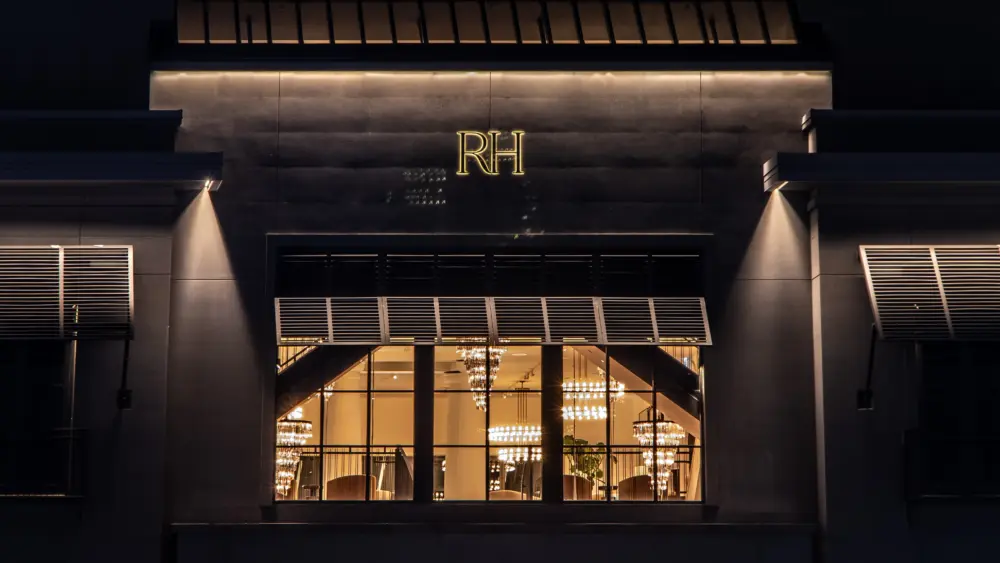I’ve had the privilege to live in Marin since the early 1990s, when I moved here while recovering from a practice marriage that didn’t work out. I use the word “privilege” because Marin is a very scenic place, from the rolling pastures of West Marin to the winding trails of Mt. Tam. I can look out my window and see deer grazing in open space and still walk only two minutes to our neighborhood store, or I can drive 20 minutes and be in San Francisco.
That, my friend, is privilege.
I also use the word “privilege” because, as with other things in life where privilege is attached, a price must be paid. In the case of Marin, living here requires more in the way of both cash and capital not so readily acquired. I’m speaking of political correctness and tolerance for entitlement.
The cost of living and of running a business in Marin is on the high side. From the cost to rent or buy a place, to the per-square-foot price for office space, to how much a gallon of gas costs, you’d better make some coin if you plan to hang out.
But it isn’t the buckets of cash I bemoan; there are lots of other places where the living ain’t easy (hello Manhattan and Hawaii). No, it’s the fact that we in Marin take ourselves amazingly seriously, and if the sense of entitlement here were cash, we could come close to balancing the woeful California state budget.
By writing about the “E” word, I know I’m violating the code of political correctness. And before we go any further, let me say that I love Marin, despite its shortcomings, and that I’m a card-carrying liberal-tree-hugger-where-is-your-cloth-shopping-bag-local-buying-wish-I-could-afford-a-hybrid guy. So I’m of the opinion that businesses that choose Marin need to not only understand the place, they need to run their business with a healthy respect for ethics and environment. I’m also enough of an idealist to believe that’s the way business should ultimately behave anyway. But that’s a column for a different time.
That won’t stop the mail that’s sure to follow this screed, but perhaps it will help folks understand what comes next.
No place is the sense of entitlement more obvious, nor the political correctness more pronounced, than the world of commerce. People in Marin want places to buy goods and services, but they also want a say in how that works. And that’s fair—these are their communities—but there’s also a balance that must be struck. Businesses need to be able to compete and make a profit. Otherwise, residents have fewer choices. This is where political correctness and entitlement begin blotting out the sun.
Here’s a recent example of the “Marin Syndrome”: In Tiburon, a CVS pharmacy has been approved for a former supermarket space at the corner of Tiburon Boulevard and Beach Road. The town’s design review board approved a sign permit for the pharmacy that calls for the store to use wooden signs with white lettering and a gray background. The company typically uses a red sign, which includes illumination, and has appealed the ruling, arguing that it wants to use red in the signs, as that’s an important branding characteristic.
Some locals have appealed as well, saying that the design review didn’t go far enough in limiting CVS signage. They want just one sign. An online electronic petition says CVS is taking on a “strip mall quality anathema to the residents of this community.” The folks who signed the petition are also cheesed off at the town of Tiburon for what, they feel, is its failure to properly notify residents about the scale of work being done. They want the evergreen trees the city approved for removal to be replaced with, well, evergreen trees, so they can screen the “unsightly, commercial 18,000-square-foot building and its signage from our year-round view” as the CVS protest site points out.
Bear in mind that CVS didn’t build the unsightly 18,000-square-foot commercial building, it was already there with a supermarket in it. It wasn’t like there was a proposal before the city to tear the building down and create a wetlands wildlife habitat.
To be sure, the chopping down of trees is a hot button almost anywhere these days, and it isn’t something that should be done without mucho discussion regarding the impact and mitigation. The choice of Chinese Pistachio trees by the town as replacements has garnered protests from the organizer of the protest, Marcia McGovern, a resident of nearby Belvedere. McGovern points to the fact that the trees produce berries that birds seem to enjoy eating. Said birds leave purple deposits, which McGovern has linked to the berries. She is concerned that the planting of the trees will result in a purple mess of sorts.
She’s apparently not wild about CVS goods—or perhaps it’s the people who might shop there—according to her post on the CVS protest website, “And CVS somehow thinks ‘additional street parking’ in our quaint community is an ‘enhancement.’ Well only if you need to park to go into CVS to buy some box wine, sunscreen and $0.99 flip-flops!”
It’s fair to assume that none of those particular items are on McGovern’s shopping list, or perhaps she’s choosing to shop someplace else for them, voting with her wallet as it were.
Good for her.
The trouble is, the town of Tiburon voted with its wallet as well. CVS is going to bring some sales tax in, something most towns need these days. And for that, barring a decision reversal, CVS gets two signs, which might even be red.
Author
-

Bill Meagher is a contributing editor at NorthBay biz magazine. He is also a senior editor for The Deal, a Manhattan-based digital financial news outlet where he covers alternative investment, micro and smallcap equity finance, and the intersection of cannabis and institutional investment. He also does investigative reporting. He can be reached with news tips and legal threats at bmeagher@northbaybiz.com.
View all posts



